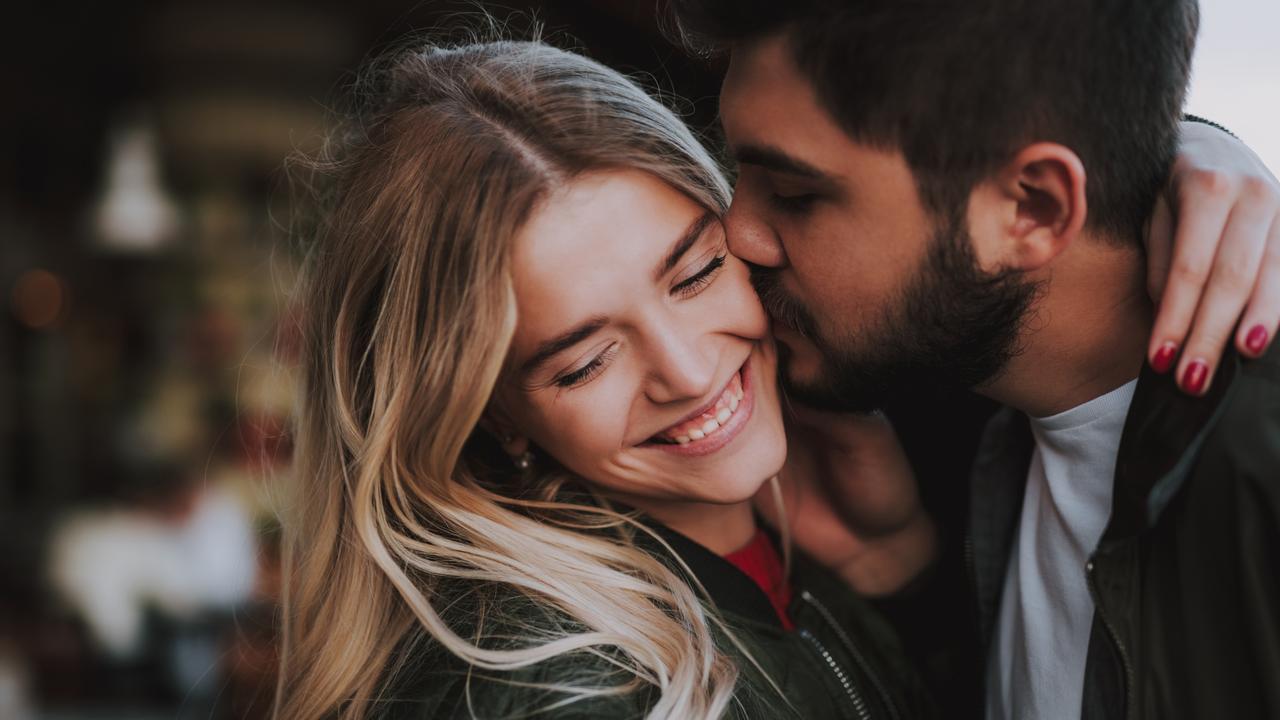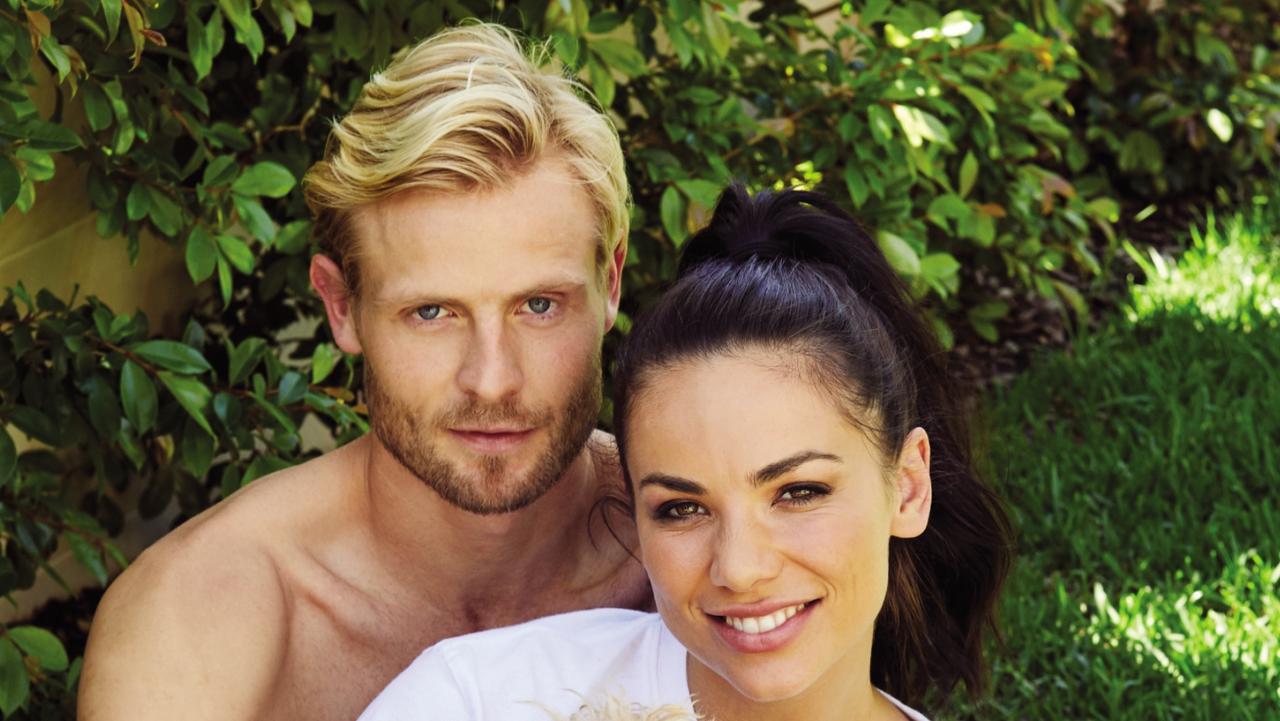Your selfie personality: What selfies say about you
We take more than two million of them each day, but while selfies are often designed to show us at our happiest and most attractive, it seems there’s an uglier side to these images in that they may also be turning us into a nation of narcissists.
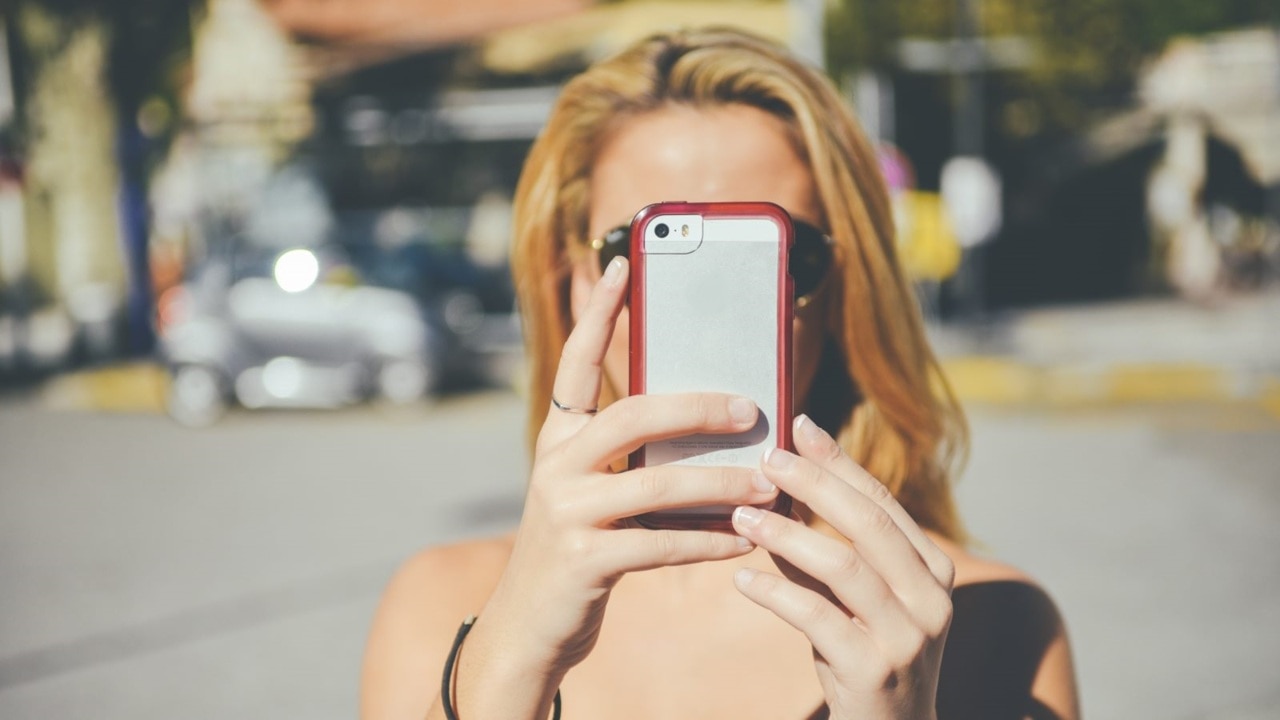
Australians, like the rest of the world, have fallen in love with selfies. In the past year, we’ve taken more than 740 million of these ‘self portraits’, documenting everything from our new haircut to our latest holiday.
We’ve even started to use selfies to document our most intimate moments, with a recent survey revealing that one in eight Aussies admit to having taken selfies during sex or while on the toilet.
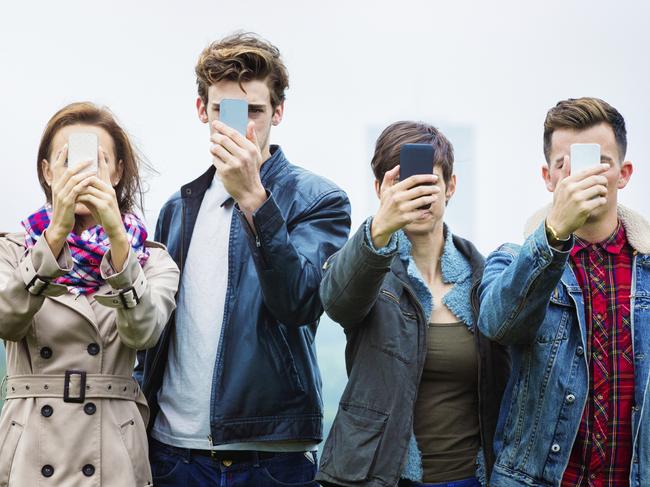
While selfies are often designed to show us at our happiest and most attractive, it seems there’s an uglier side to these images in that they may also be turning us into a nation of narcissists.
As a relatively recent phenomenon, there are many studies being done on how selfies are impacting our health and wellbeing.
One study last year by Swansea and Milan universities found people who excessively posted and looked at selfies on Instagram, Facebook, Twitter and Snapchat were more likely to become more narcissistic, characterised by traits such as grandiose exhibitionism, an increased sense of entitlement and the tendency to exploit others, according to the researchers.
MORE FROM BODY+SOUL:
WHAT PRIVATE HEALTH INSURANCE CHANGES MEAN FOR YOU
TOP 7 WELLNESS EXPERIENCES AROUND THE WORLD
Participants were asked to complete a questionnaire about narcissistic behaviour at the beginning of the study, which followed their social media use for the next four months.
They then answered the same questionnaire at the end of the study. The researchers discovered that the majority of participants used social media for three hours or more a day.
Those who mainly spent their time posting and viewing images displayed 25 per cent growth in narcissistic personality traits after the four months, regardless of how narcissistic they were to begin with. Interestingly, those who were mainly verbal on social media (such as on Twitter) did not have a marked increase in narcissistic behaviour.
ATTENTION ADDICTS
So, what is it about selfies in particular that’s making us love ourselves a little, or a lot, more than we should?
“The use of visual social media may emphasise the perception of narcissistic individuals that they’re the main focus of attention,” explains study co-author Professor Roberto Truzoli.
He believes this is because of the lack of immediate ‘direct’ social censure.
In addition, narcissism and high social media use can also point to low self-esteem.
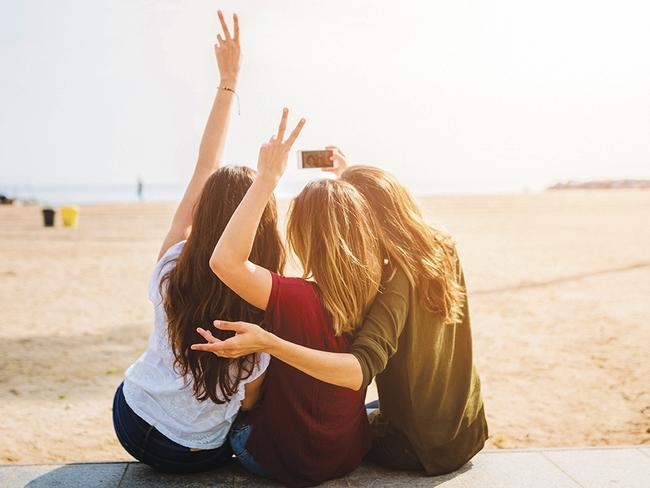
An earlier study published in the journal Psychiatry Research found that the higher a person’s use of the internet and social media, that person was more likely to show signs of narcissism and low self-esteem at the same time.
Marika Tiggemann, Professor of Psychology at Flinders University, has researched the impacts of Instagram images, mostly selfies, for many years.
She explains how posting selfies can both encourage feelings of self-importance while at the same time reduce self-esteem.
“People put effort into choosing selfies — they figure out the best angles, use filters and remove blemishes to show the rest of the world how happy and attractive they are,” she says.
While getting a lot of likes for these images may make us feel more important, the entire process is fostering a negative body image and “insidious social comparison.”
STRATEGIC PLAYERS
However, not all experts agree that selfies are having a negative impact on our health and wellbeing — some believe it’s just evolution at work.
“Looking sexy can generate large returns — economically, socially and personally,” says the University of New South Wales’ Dr Khandis Blake, who researched the positive link between posting sexy selfies with economic and social advancement for women in more than 100 countries.
“In evolutionary terms, these kinds of behaviours are completely rational. So when a young woman adjusts her bikini provocatively with her phone at the ready, don’t think of her as vacuous or as a victim, think of her as a strategic player in a complex social and evolutionary game. She’s out to maximise her lot in life.”
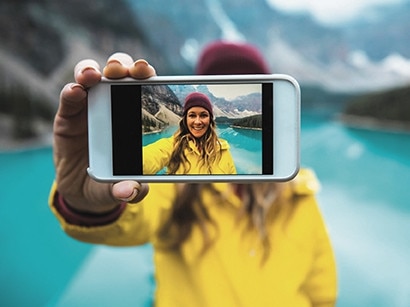
The idea of the strategic social-media user is supported by further research from the Australian National University, which analysed over 5000 Instagram selfies and found that one in 10 Instagram posters wanted to build their profile.
“These are people selling a view of their lifestyle or themselves, and the currency of the transaction is likes and follows,” says Dr Toni Eagar, who led the study.
“This is a commercial exchange, just like any small-business activity. They’re advertising. It’s very deliberate, they have plans and they clearly have ambitions.”
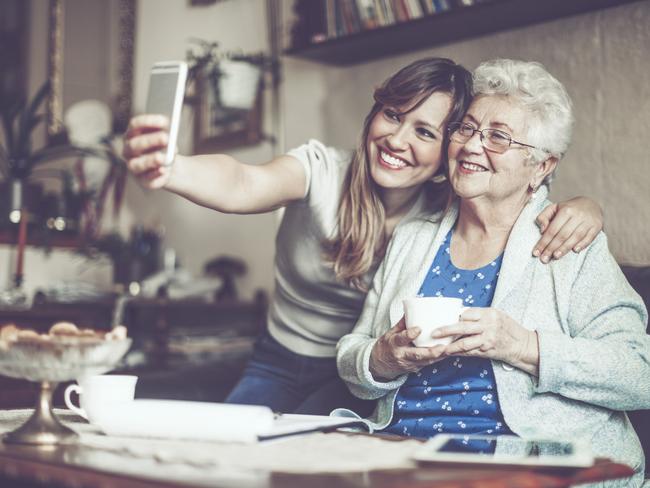
But for every aspirational selfie poster, there are nine others who are just trying to share their lives, says Dr Eagar — and there’s nothing wrong with cherrypicking the more interesting parts to do that.
“We have a long history of only displaying certain aspects of ourselves and selfies are just the latest way of displaying ourselves to others,” she says.
“I think selfies get critiqued too much and people can be disdainful, but for many people, they’re a shorthand way of showing the world what’s going on in their life.
“Most people don’t document everything in the best light with a full face of make-up — they’re using selfies to show people the context of their lives.”
WHAT’S YOUR SELFIE STYLE?
The five most-common personalities revealed
THE SHARER
You document everyday life like playing with your kids, what you ate for breakfast or dinner, or a family event. Selfies are your way of sharing your life with others.
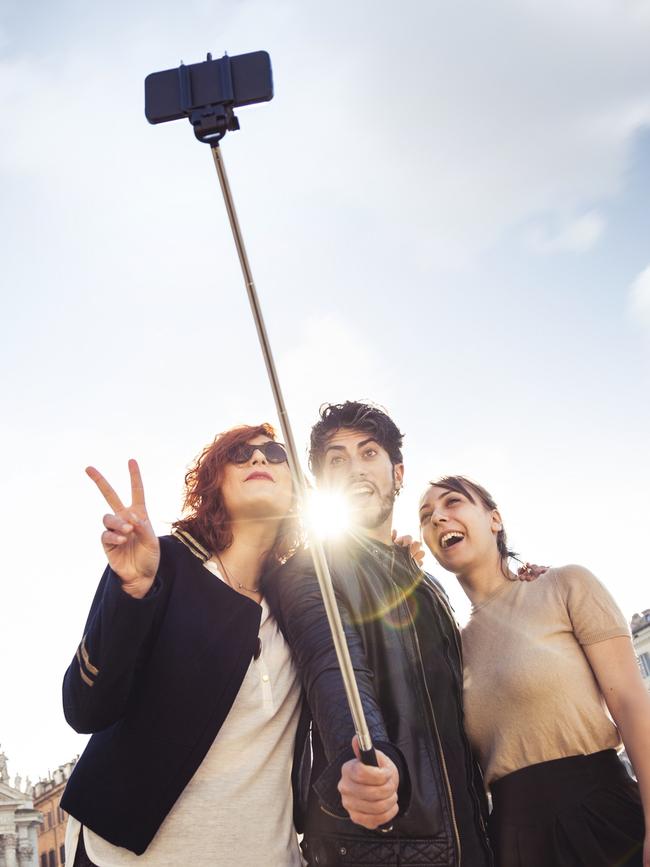
THE ROMANTIC
You mainly capture yourself with your loved ones.
“You celebrate social connection and being together. On the flipside, you may also [use selfies to mark] an absence — like a break-up,” explains Dr Eagar.
THE PROPAGANDIST
You’re all about the attention. You don’t care who your audience is — you just want followers.
“These people use hashtags to get more followers, so it’s a case of ‘if you like my selfie then I’ll like yours’.”
THE TRAVELLER
“When people are outside their regular time and place, they document more,” explains Dr Eagar.
While there may be an element of wanting to make people envious, it’s probably more about wanting to document your new experiences.
THE SELF-HELP TUTOR
From teaching viewers how to apply make-up or how to exercise, the idea behind your selfies is to gather more followers so companies will offer you cash and freebies to tap into your network.

